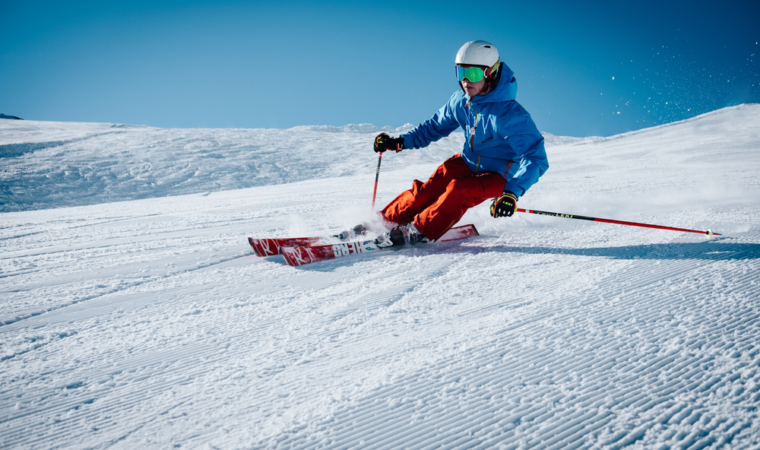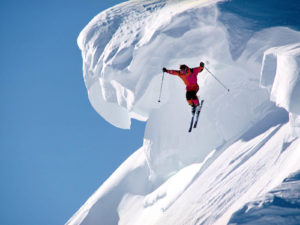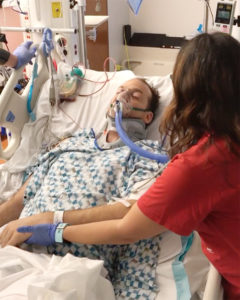Written by Mackenzie Saunders:
During the winter months, recreational activities like skiing and snowboarding soar in popularity. Skiing and snowboarding are great ways to stay active, experience the outdoors, and spend time with friends and family. However, skiing and snowboarding can lead to catastrophic injuries, including spinal cord injuries (SCIs). It’s incredibly important to take caution while participating in winter recreational activities. Read below to learn about the most common ways people sustain spinal cord injuries through winter recreation, along with safety measures that can help prevent these catastrophic injuries.
Common Causes of SCIs While Skiing or Snowboarding
There are three main causes of people sustaining spinal cord injuries through skiing and snowboarding: excessive speed, a lack of training, and collisions. Excessive speed is the main cause of spinal cord injuries while skiing or snowboarding. Excessive speed typically happens when someone skis or snowboards on a slope that is too steep, or when someone is inexperienced and does not know how to control their speed. Excessive speed can cause a person to lose control of their balance and fall; falling while traveling at a high speed can result in a serious spinal cord injury.
The second main way people experience spinal cord injuries through skiing or snowboarding is through a lack of training. Research shows that novice skiers and snowboarders are ten times more likely than experienced skiers and snowboarders to experience a catastrophic injury. When someone is inexperienced in these activities, they are more likely to fall, collide with someone or something, or lose control of their speed.
The third most common way people sustain SCIs through skiing and snowboarding is through collisions. When a person collides with a tree, another person, or an object at a high speed, they can sustain severe impact to their skull, neck, or back. Severe impact to the skull, neck, or back can lead to a spinal cord injury, which typically results in lifelong paralysis and health complications.
How to Prevent SCIs While Skiing and Snowboarding
There are many precautions you can take to prevent a catastrophic injury while skiing or snowboarding. First and foremost, always wear a helmet. Most skiing and snowboarding spinal cord injuries occur when a person hits their head on the ground or on an object like a tree or a rock; wearing a helmet minimizes impact on the skull and thus reduces the chances of injury.
Another way to prevent a spinal cord injury while skiing and snowboarding is to take lessons before participating. Because novices are more likely to sustain injuries, taking lessons helps prevent the chance of injury. Make sure you take lessons on how to safely participate in these winter activities before skiing or snowboarding.
Lastly, pay attention to your surroundings while skiing or snowboarding. One of the main causes of spinal cord injuries during winter activities is collisions with trees, objects, or other people. Carefully paying attention to all of your surroundings while skiing or snowboarding can reduce your chances of experiencing a collision and sustaining a catastrophic injury.
What Do I Do if I Sustain a SCI While Skiing or Snowboarding?
Finding an experienced spinal cord injury lawyer is essential after experiencing a SCI. In most states, an injured person only has two years after their injury to file a personal injury lawsuit. Because of this, it is important to find an experienced legal team as soon as possible. The Spinal Cord Injury Law Firm has vast experience with spinal cord injury cases, and we can help you recover the compensation you need to cover your lifelong injury expenses.
If you sustained a spinal cord injury or other catastrophic injury through skiing or snowboarding, contact us today at 1-877-SCI-FIRM or at kelley@spinalcordinjurylawyers.com. We know spinal cord injuries, and we will fight for you.
Remember, stay safe during the winter months and take caution while participating in recreational activities, because a spinal cord injury can change your life forever.



